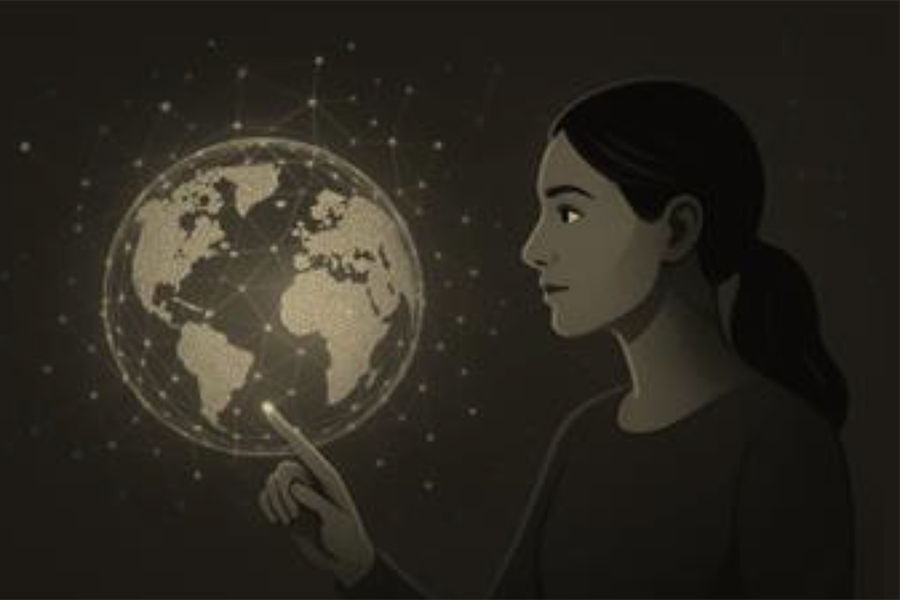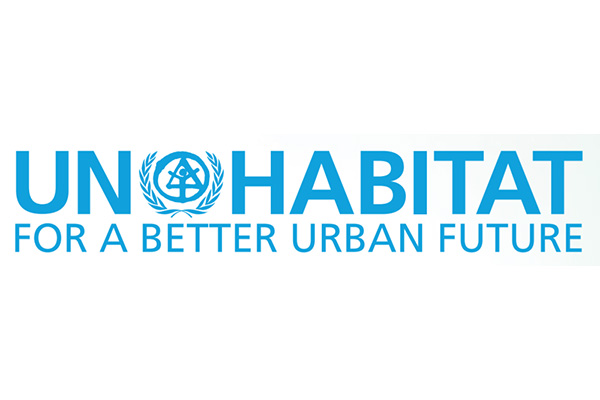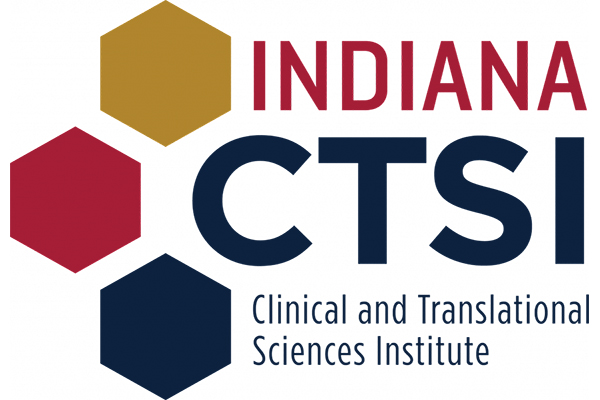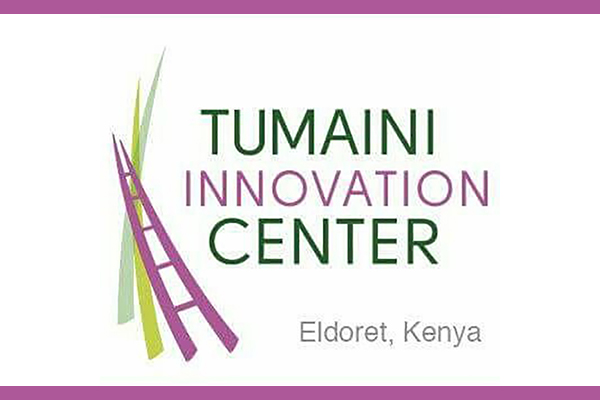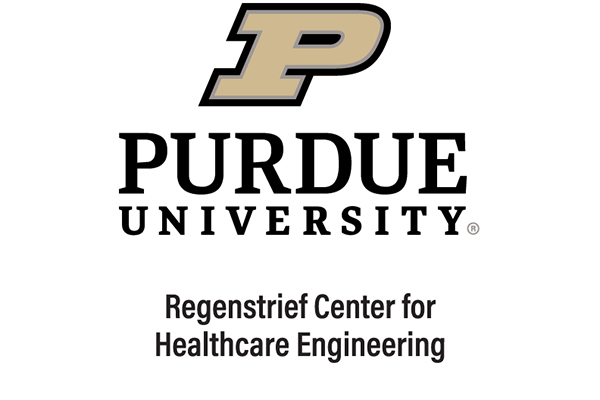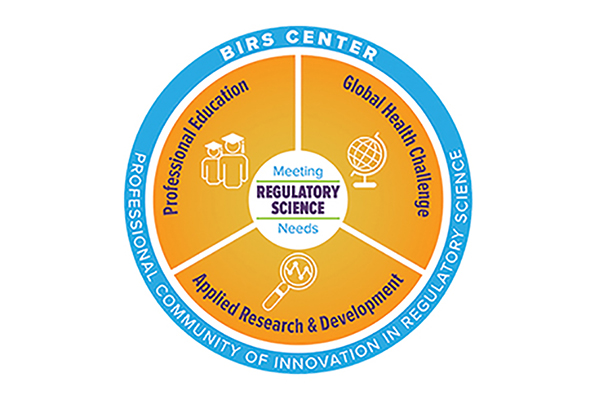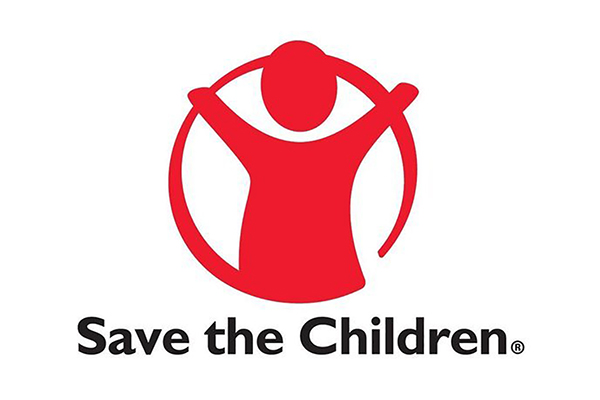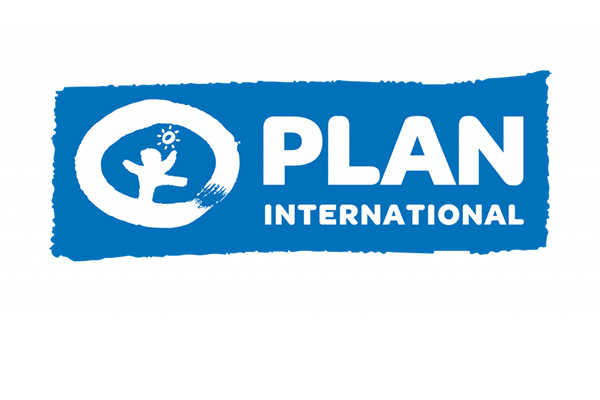ShahLab.AI was founded to convene and catalyze consortia, matching world-class capability, with the most pressing global challenges. In the words of Mung Chiang, President of Purdue University and the Roscoe H. George Professor of Electrical and Computer Engineering, “As a public land grant institution, we care not only about the teaching and discovery of knowledge, but also about dissemination and impact on global societies. When our faculty and students think about solutions, they should always start from the real problems on the ground - ShahLab.AI, is a fantastic way to achieve our mission”.
George Chiu, Professor of Mechanical Engineering mentions, “Building on our benefactor’s vision of global ethical obligations, we believe that ShahLab.AI, is uniquely positioned to leverage Purdue Engineering’s strength in research and innovation by working with our partners to tackle critical developmental challenges”.

